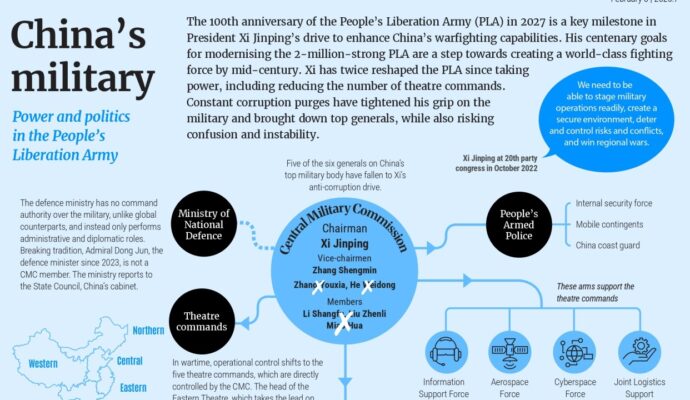
When Beijing expanded its rare earth export controls earlier this month, it appeared to mark a fresh escalation in the US-China trade war. But for many observers, the dispute actually began over a week earlier – and its trigger was not a Chinese action, but an American one.
Advertisement
In this explainer, the Post explores the details of the new “entity list” rules, why Beijing is so concerned about them, and how they have affected US-China trade relations.
What are the US trade blacklists, and why has the rule change caused such concern?
The Bureau of Industry and Security, an agency under the US Department of Commerce, controls two trade blacklists known as the entity list and the military end-user list that identify companies Washington deems a security threat.
US officials “depict this as a technical move” that closes an obvious loophole, but in reality “its impact is far from technical”, said Arthur Kroeber, partner and head of research at research firm Gavekal, in a research note published last week.
Advertisement
In practice, the new rules effectively expand the number of sanctioned companies, “probably by thousands or tens of thousands”, Kroeber said. Many of the companies affected by the rule change are Chinese.

